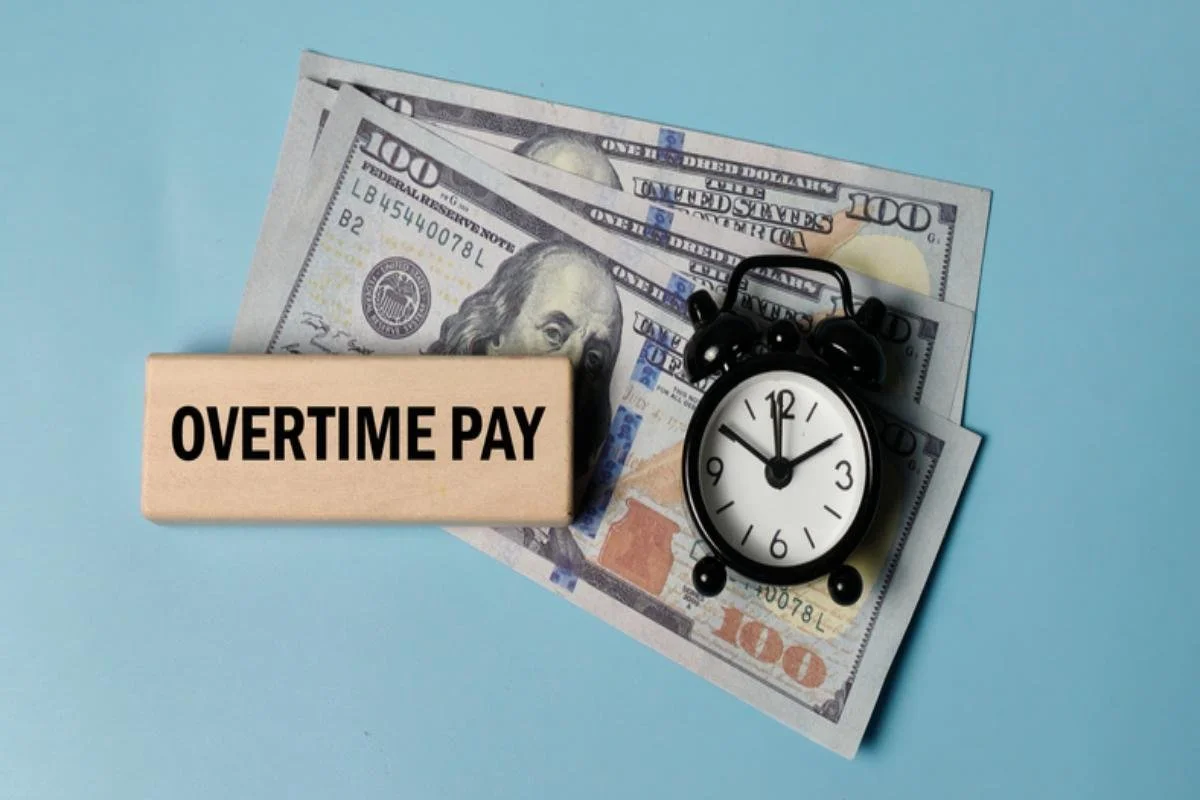Unpaid Overtime: What Type of Plaintiff Are You?
/With the continued increase in unpaid overtime lawsuits in almost every industry, employees may find it useful to consider the various types of plaintiffs simply to get an idea of where their own workplace situation lies.
What Type of Plaintiff Are You?
1. Do you find yourself a slave to your handheld device? When you leave work, do you continue to answer questions, delve through documents and conduct brainstorming sessions? Do you often find yourself in arguments with your significant other because they simply want you to attend a family function, complete a household chore or actively involve yourself in a conversation from beginning to end without being interrupted by someone at work that needs you? If so, you could be a “worker with a handheld device” plaintiff. You go to work and you come home, but you never seem to be off the clock. You answer calls, check emails, and basically continue working into the night. Many would classify all this “after hour” work as unpaid overtime.
2. Does your job require a lot of in-office prep in order to go “on the clock?” Do you have to arrive early in order to complete a series of log ins, paper pushing, or mandatory meetings before you can actually “go to work?” If so, you might be an “off the clock work in the office” plaintiff. Many are asking the question (in court) whether or not they should be able to clock in when they get to work to prepare to work or if they are donating the time it takes to perform necessary functions prior to starting the job duties employers are willing to pay for.
3. Do you enjoy the use of a fancy title without the fancy job duties? Many employers have turned to the non-promotion promotion as a solution to overtime. “Promoting” employees without actually giving them managerial responsibilities is a game plan used by employers looking to keep labor costs down. Many managerial positions are exempt from overtime pay laws and requirements. If you found yourself impressed with an empty title at first, don’t feel bad, you aren’t the only one and you could be a “fancy title” plaintiff.
If you have more questions now that you understand the basics behind many of the employment law related suits you’ve been reading about in the news, get in touch with the attorneys at Blumenthal, Nordrehaug & Bhowmik today and get the right answers.



